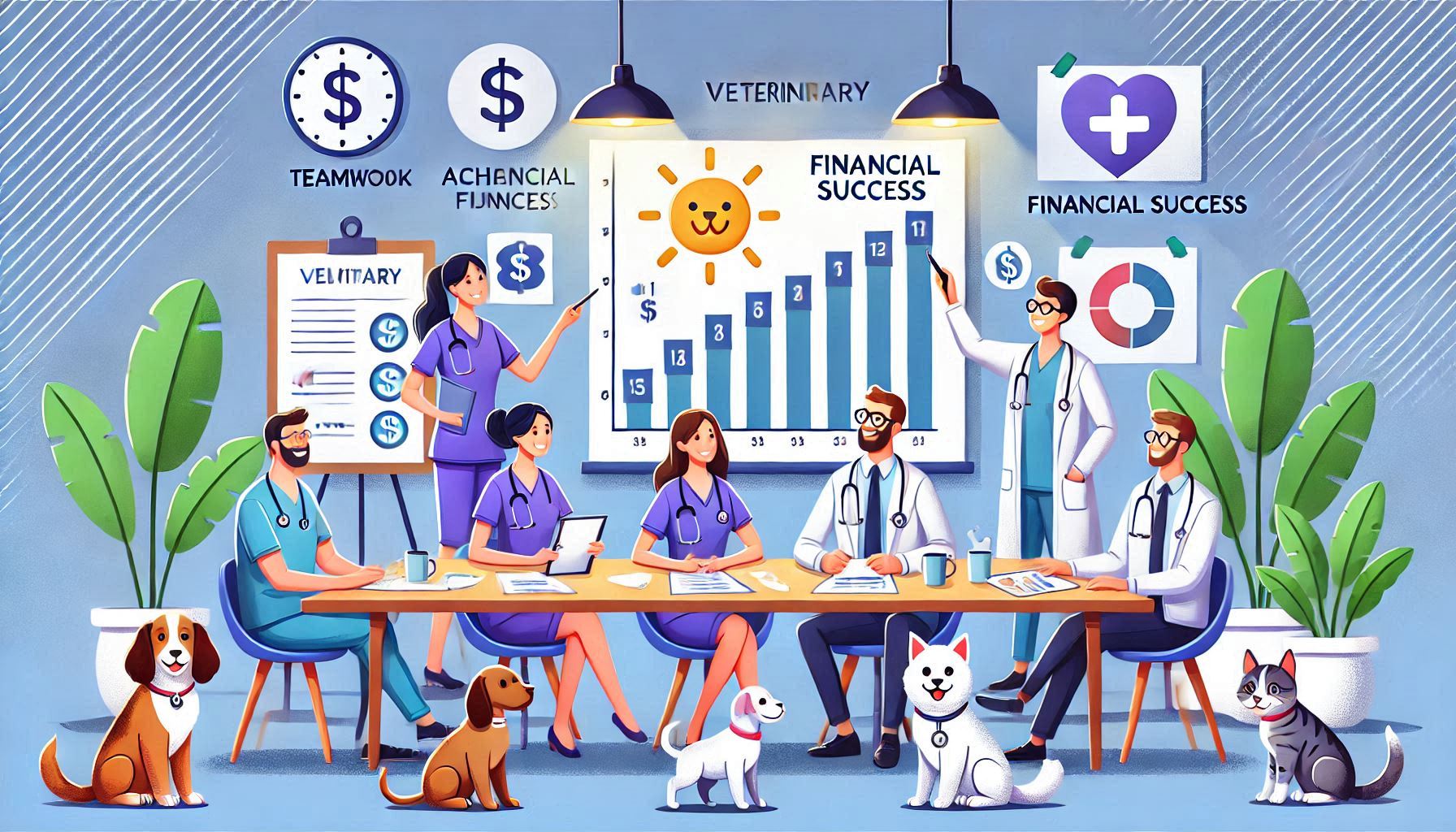
Running a successful veterinary clinic isn't just about providing exceptional animal care—it's also about maintaining a healthy financial foundation. Many practice owners struggle with collections, often finding themselves caught in a cycle of chasing payments and managing outstanding balances. But what if there was a better way?
The Transformation of Collections: From Reactive to Proactive
Most veterinary clinics approach collections as a necessary evil—a task of tracking down late payments after they've become a problem. However, the most successful practices have discovered a game-changing strategy: preventing overdue balances before they occur.
7 Powerful Strategies to Revolutionise Your Clinic's Financial Health
1. Crystal Clear Communication from Day One
The foundation of successful collections is transparency. From the first client interaction, establish:
- Explicit payment terms
- Accepted payment methods
- Available financing options
By setting expectations upfront, you eliminate misunderstandings and help clients prepare financially.
2. Leverage Technology with Automated Reminders
Modern veterinary practices can't afford manual payment tracking. Automated reminder systems:
- Reduce administrative workload
- Improve client compliance
- Enable personalised communication across multiple channels
Pro Tip: Implement a multi-channel approach with email, SMS, and automated voice messages to ensure your reminders are seen.
3. Empower Clients with Convenient Online Payments
An easy-to-use online payment portal can dramatically improve your collection rates by:
- Providing 24/7 payment accessibility
- Offering instant payment confirmation
- Reducing in-clinic wait times
4. Implement a Compassionate Tiered Collections Approach
Not all late payments are the same. Develop a nuanced strategy:
- Friendly reminders for recently overdue accounts
- Progressively urgent communication for longer-outstanding balances
- Professional escalation for accounts requiring additional intervention
5. Motivate with Smart Payment Incentives
Positive reinforcement works wonders. Consider:
- Upfront payment discounts
- Loyalty point systems
- Early payment rewards
6. Conduct Regular Collections Audits
Quarterly reviews help you:
- Track collection rates
- Gather client feedback
- Ensure staff compliance
- Evaluate and upgrade billing technologies
7. Build a Culture of Financial Responsibility
Transform collections from a burden to a team-wide mission by:
- Comprehensive staff training
- Clear performance goals
- Open communication about financial challenges
- Recognition for effective billing management
Your Next Step: Comprehensive Collections Mastery
These strategies represent just a glimpse into the comprehensive approach detailed in "8 Strategies to Boost Collection Rates: A Practical Guide for Veterinary Clinics and Animal Hospitals."
Ready to transform your practice's financial strategy?
Unlock the full collection of strategies that top-performing veterinary practices are using to maximise revenue and minimise stress.
About the Author
Shawn Smith Account Manager
With 24 years of diverse accounting experience, Shawn Smith now thrives as an account manager at a boutique digital marketing agency. He specialises in creating lead-generation sales funnels, automating reputation management, and managing special events and retargeting campaigns.
An accomplished writer, Shawn has authored multiple eBooks on marketing, fitness, and recipes, and has written 21 articles focused on marketing for veterinary and animal hospitals.
Outside of work, Shawn is dedicated to community service, supporting his wife in feeding the working poor and homeless. He also follows AI advancements, enjoys football with his son, and is passionate about politics.
Connect with Shawn: shawn.smith@devonshireagency.com
Disclaimer: This article is based on professional insights and should not be considered financial advice. Always consult with a financial professional for personalised guidance.